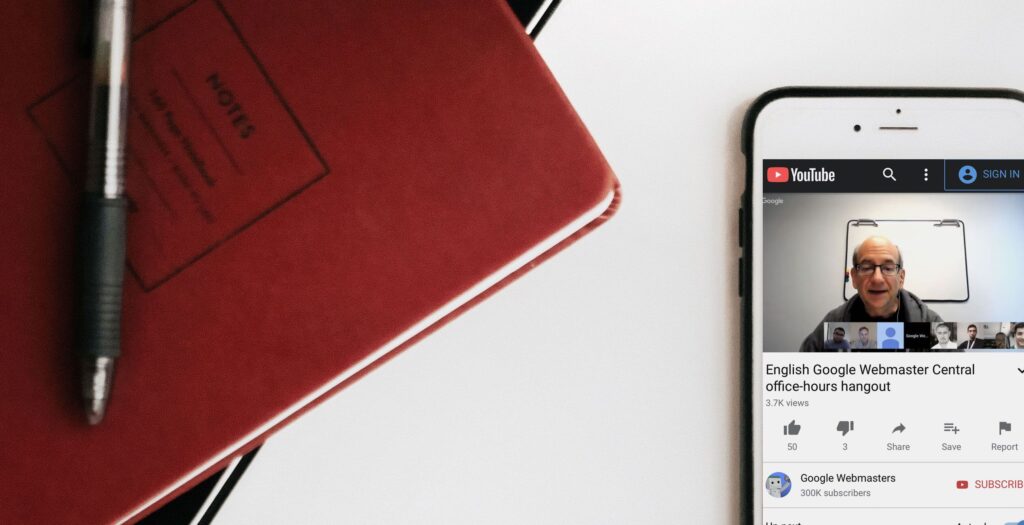Site Query
Google’s ‘Site:’ query is optimised for speed not accuracy, so it’s not always accurate but more of a ‘wild approximation’ that doesn’t necessarily look at every page. There is the Index status information in Search Console which mirrors what Google has in their index so is more accurate, but this might still include bad pages. John recommended submitting a sitemap full of all the pages you care about and looking at the sitemaps index count to get the best idea of good quality indexed pages.
High Number of URLs
Google Search Console sends the ‘High Number of URLs’ email alert when they find pages but before they’ve actually crawled them, so the URLs could include non-indexable URLs, session IDs etc. This alert should be used to learn about your website and improve it’s crawlability.
Links with Parameters
If a website is linking to a web page with PPC parameters, Google will use the canonical tag and ignore it. Or Google will automatically recognise it as existing content and will ignore it.
Structured Data Errors
Structured data errors only matters for Rich Snippets or AMP pages. If you’re getting errors for other pages it doesn’t matter so either ignore it or consider removing the markup.
Reviews
The number of reviews is not a ranking factor for web search. But if reviews are listed on your page it would count as content and could be a ranking factor.
Keyword in the URL
The key word in the URL is a very small ranking factor.
Shorter URLs
If there is a choice between URLs to show in the SERPs, Google will pick the shorter URL to show in the SERPs, but it’s not a ranking factor.
External Links
Having external links on your website is not a ranking factor. Having many NoFollow links doesn’t affect the value of other Follow links coming to your website.
Structured Data for Dates
It’s best to always markup dates with ‘structured data’ markup.
Linked from Hacked Websites
You don’t need to disavow links from hacked websites.
Rel=next & prev Tags
Implementing rel=next and rel=prev tags will strengthen the ranking of the first page. If there is something on the other pages that you want noticed, then consider separating it out into it’s own section.
Title Tag
Having the domain name or URL in the title tag does not really impact SEO.
AMP Carousel
The AMP carousel will probably eventually replace the News block on Google SERP pages.



